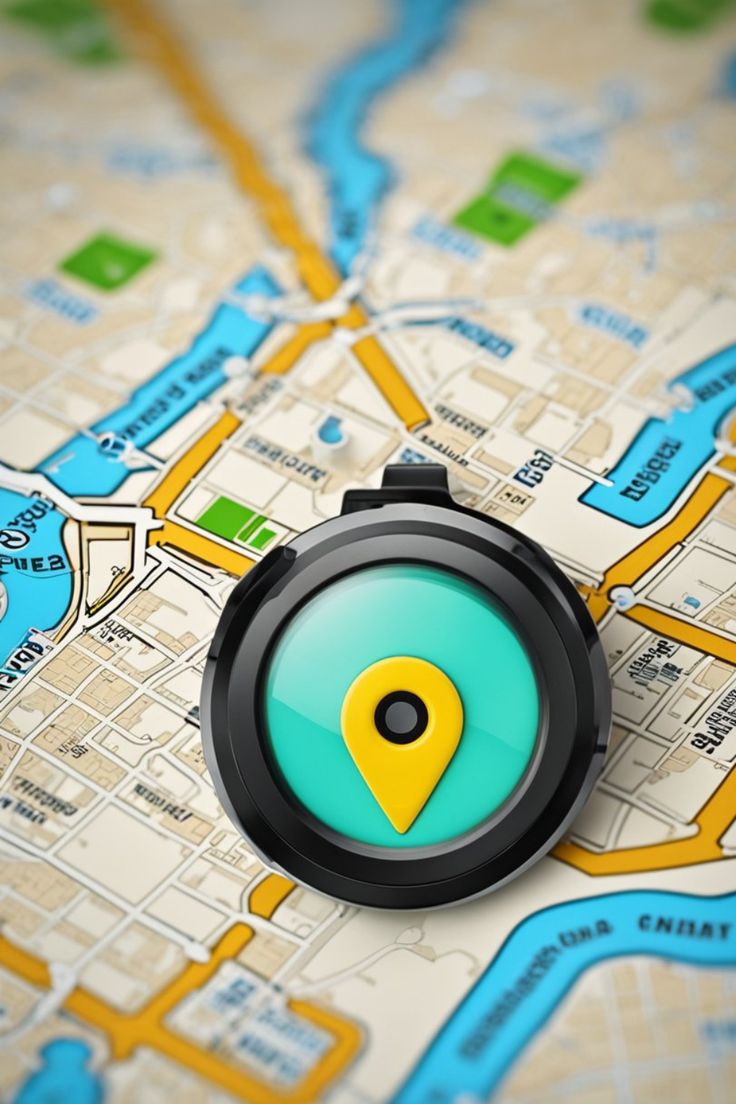
Parent-Approved Kids GPS Trackers and Location Trackers
In today’s fast-paced world, parents are increasingly turning to GPS and location trackers to ensure their children’s safety. These devices offer peace of mind by allowing parents to monitor their kids’ whereabouts, especially when they’re old enough to have some independence but young enough to need supervision.
When choosing a GPS tracker for kids, several factors should be considered:
- Accuracy: The device should provide precise location information.
- Battery life: Longer battery life ensures continuous tracking.
- Ease of use: Both the device and its accompanying app should be user-friendly.
- Durability: Kids’ devices should withstand rough handling.
- Size and design: The tracker should be compact and easy for a child to carry or wear.
- Features: Look for additional safety features like SOS buttons or geofencing capabilities.
Some popular parent-approved options include:
- Jiobit: This small, lightweight device can be easily attached to clothing or backpacks. It offers real-time tracking, geofencing, and a long battery life.
- AngelSense: Designed specifically for children with special needs, it provides detailed location updates and has two-way voice communication.
- Relay: A screenless, water-resistant device that works like a walkie-talkie and includes GPS tracking.
- Gizmo Watch: A smartwatch for kids that combines GPS tracking with calling features and fun games.
- Tile: While not specifically designed for kids, these small trackers can be attached to belongings and are popular for their affordability and simplicity.
- Apple AirTag: For families in the Apple ecosystem, AirTags can be a simple solution, though they’re designed more for object tracking than for children.
When introducing a GPS tracker to your child, it’s important to have an open conversation about safety and privacy. Explain that the device is a tool to keep them safe, not to invade their privacy. Establish clear guidelines on when and how the tracker will be used.
It’s also crucial to teach children about personal safety alongside using these devices. GPS trackers should complement, not replace, important safety skills and awareness.
Remember that while these devices offer an additional layer of security, they shouldn’t be relied upon as the sole means of ensuring a child’s safety. Regular communication, trust-building, and teaching children about personal safety remain essential.
Lastly, always review the privacy policies of these devices to understand how your family’s data is being collected, used, and protected. Opt for devices with strong encryption and data protection measures.
By carefully selecting and responsibly using GPS trackers, parents can gain additional peace of mind while allowing their children to develop independence in a safe, monitored environment.




